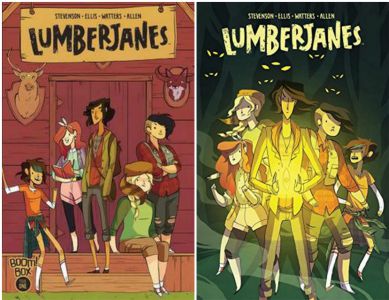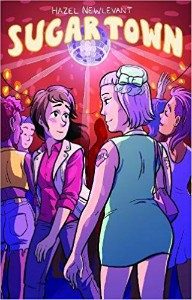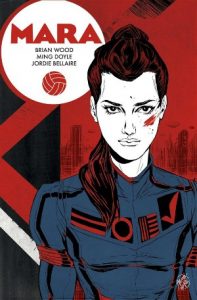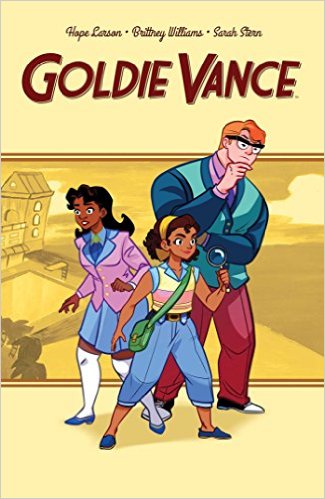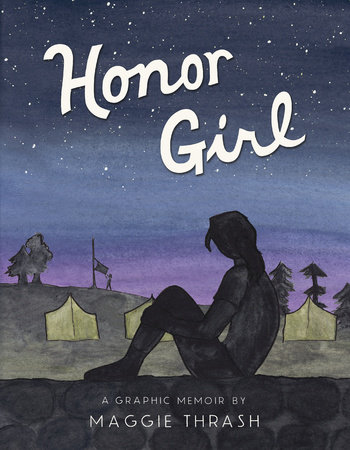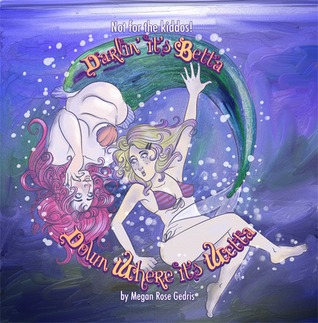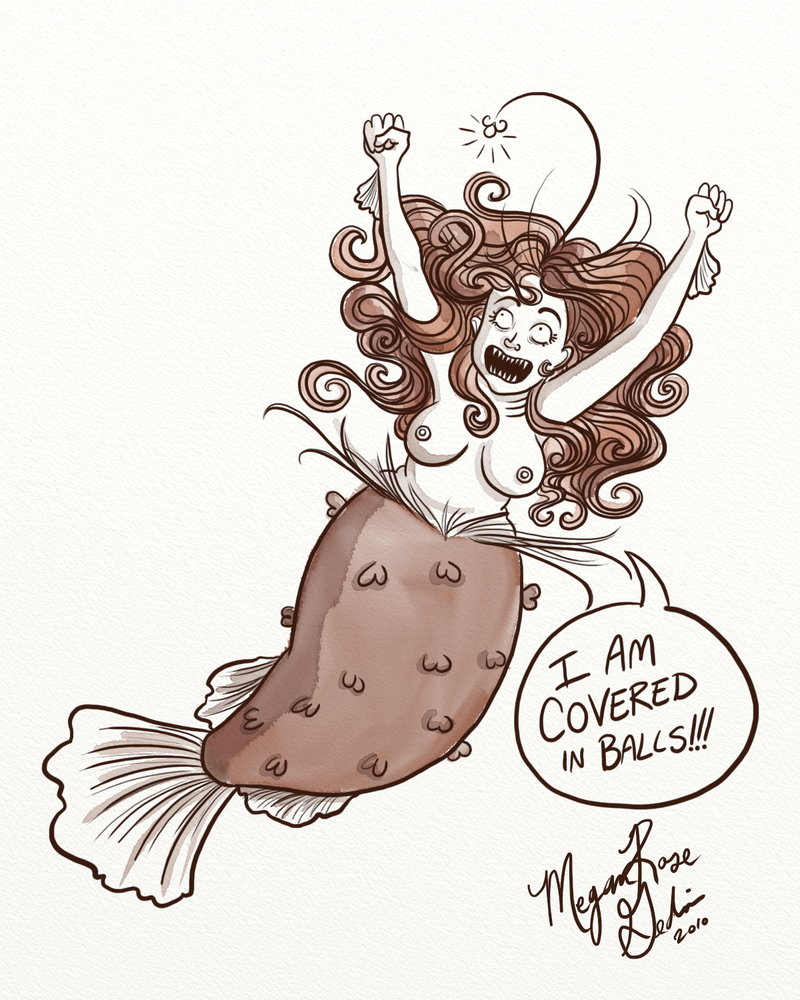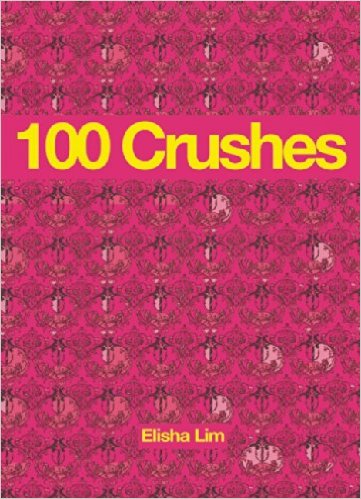Lumberjanes is a series that’s been on my TBR for ages. I had read the first volume, and I’ve been recommending the series, but I’ve been saving the other volumes for some unknown reason. I’ve finally corrected that error and binge read volumes 1-6! (I’m still on hold at the library for volume 7.)
You’ve probably heard about Lumberjanes before, but just in case: this is a comic that follows a group of girls at summer camp, where they get into fantastical adventures. The strongest part of the series is the dynamic between the 5 main characters. They all have different personalities, strengths, fears, priorities, etc, but they are a tightly-knit group. They support each other. And we get to see each one spotlighted at some point.
As for the queer content, it is subtle, but it’s there. Later in the series (issue #17), we find out that Jo is trans. Throughout the series, there’s a romance between Mal and Molly. It starts off pretty subtle and in the background. There’s a lot of blushing. But they get their own arc in Volume 3, where they go on a picnic date. By volume 6, they kiss. The romance is never the focus of the story, and at the beginning, it’s a little bit ambiguous, but it’s there throughout the narrative, and becomes hard to miss that they have a romantic relationship.
This is such a fun series! As an adult, it was entertaining to binge read, but I’m also really glad that this exists as an all-ages/kids’ comic. It’s fantastic to have queer, trans, and poc representation in such a successful series. This is one that you can give to pretty much any kid from–I don’t know–9 to 17? The ages of the characters are fairly ambiguous, and it’s pretty easy to read, so it appeals to a wide range. Plus, it’s a way to get that representation in the hands of kids who may not have access to it otherwise.

